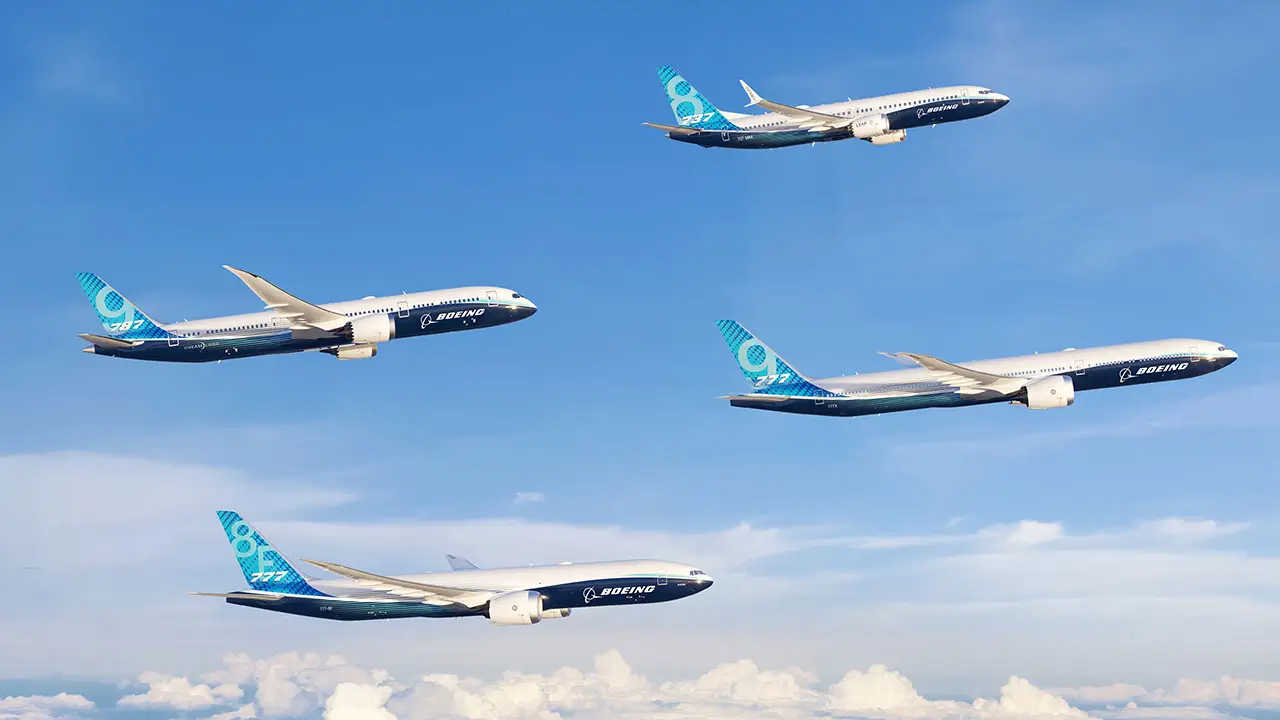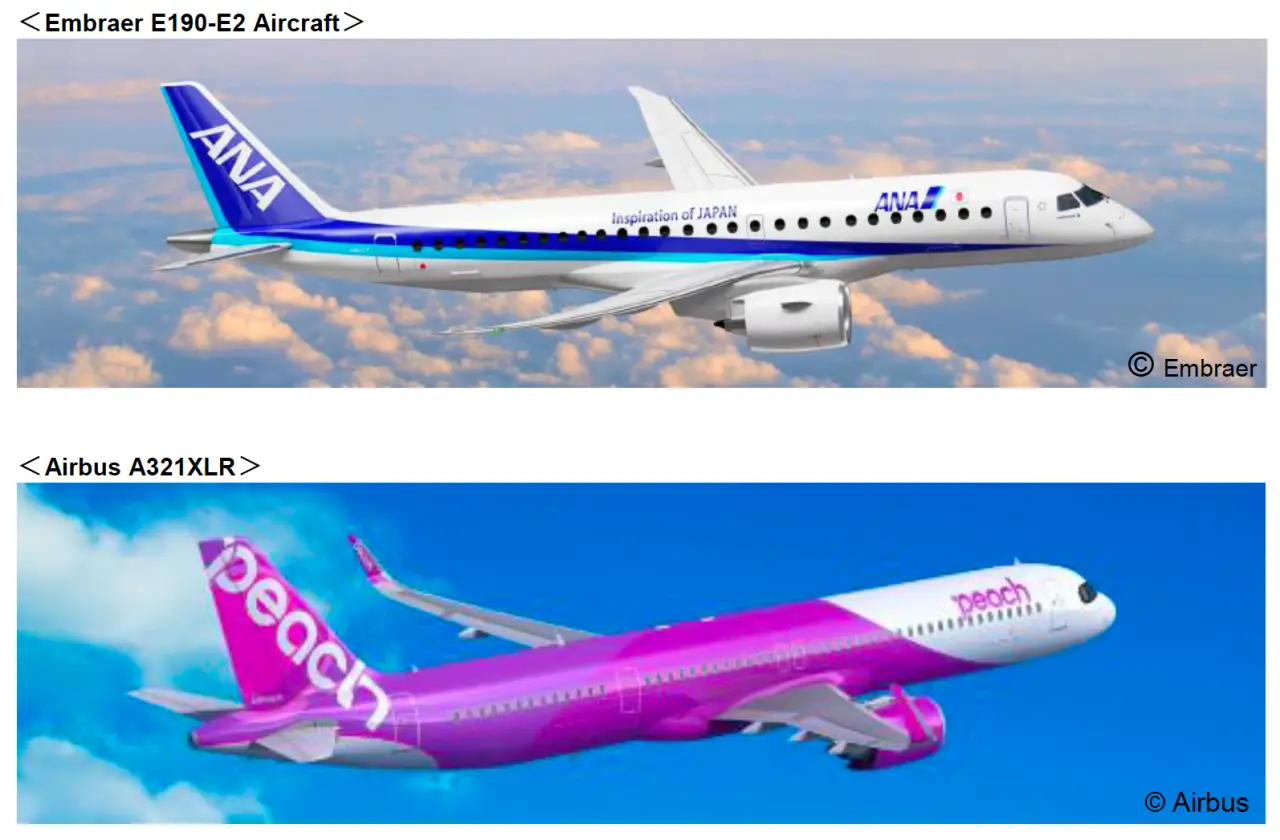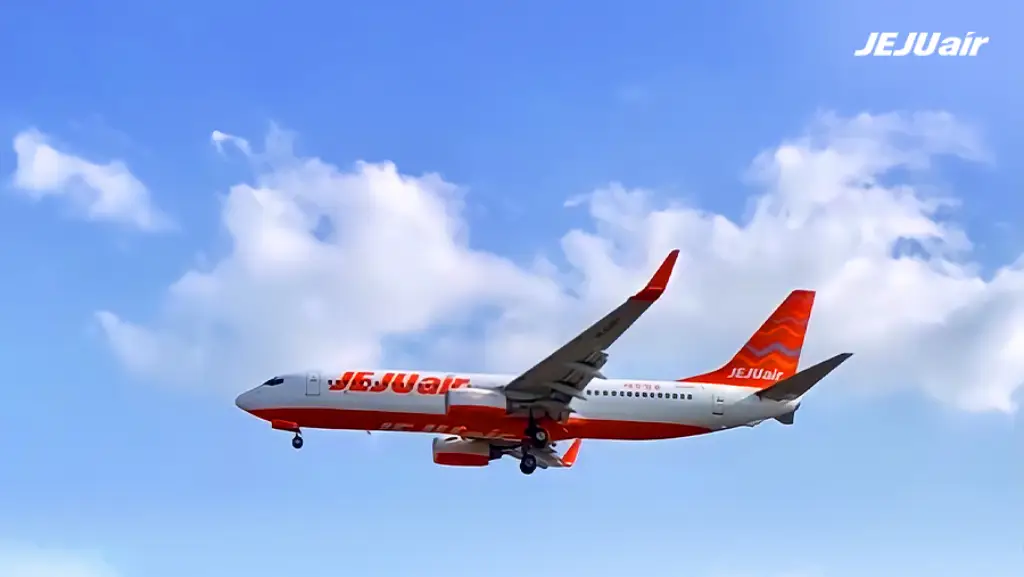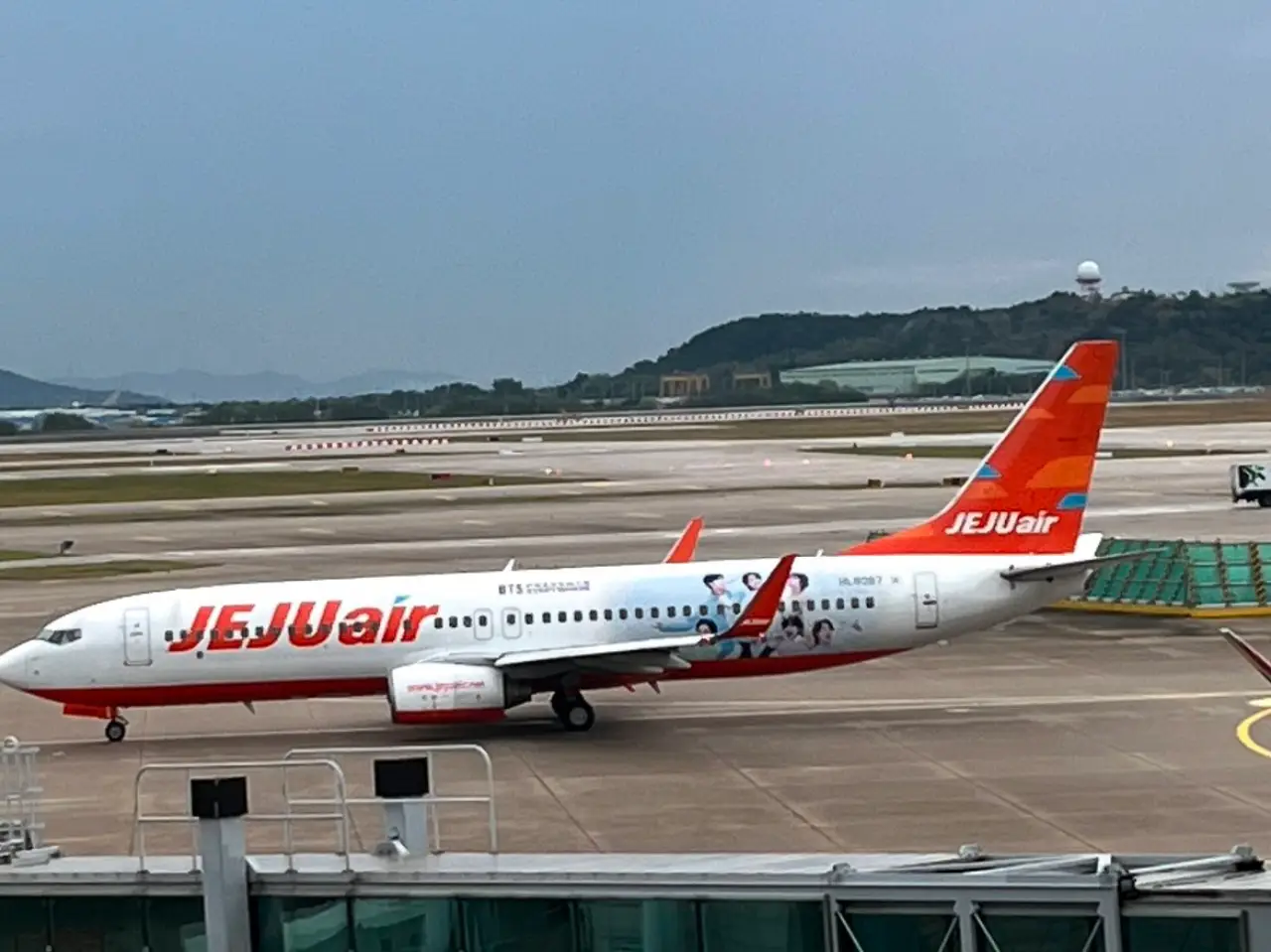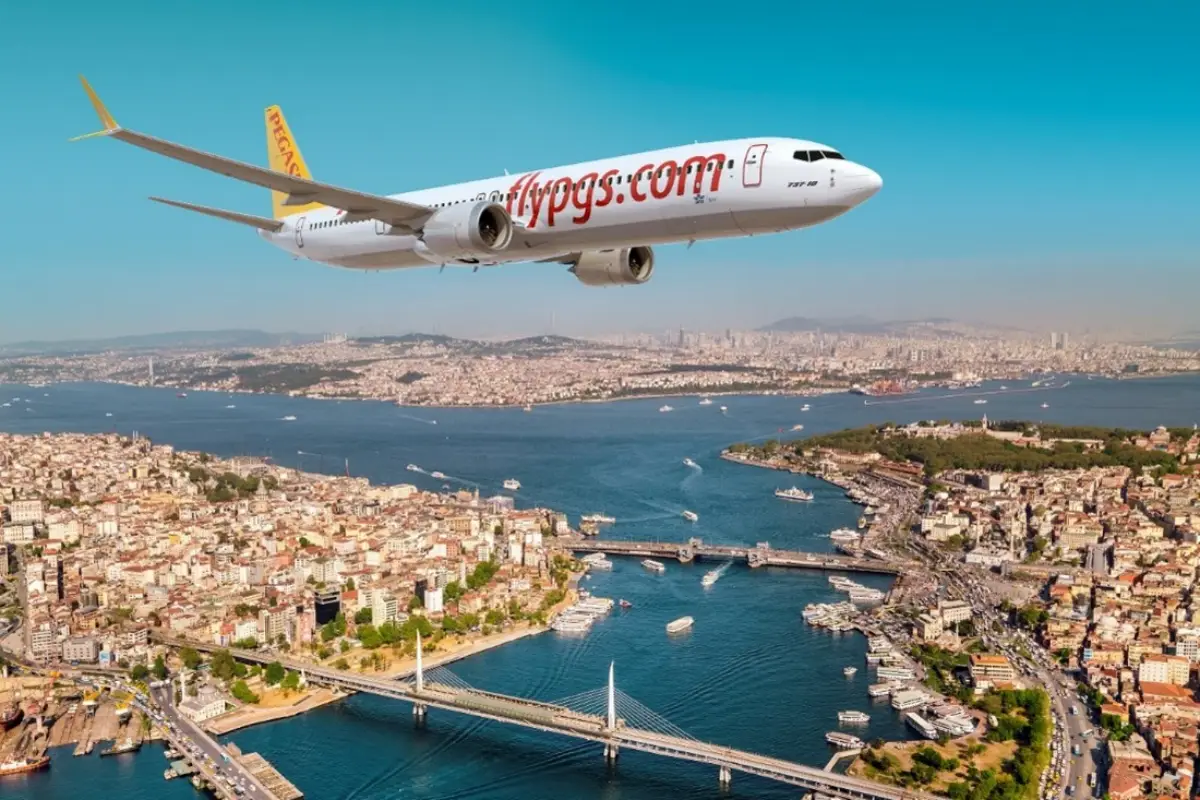China’s aviation industry is poised for remarkable growth over the next two decades, with Boeing’s latest forecast projecting a more than doubling of the country’s commercial airplane fleet by 2043.
The 2024 Commercial Market Outlook (CMO) for China, released by Boeing, paints a picture of an expanding and modernizing aviation sector driven by robust demand for both passenger and cargo air travel.
According to Boeing, China’s commercial fleet will expand at an annual growth rate of 4.1%, soaring from 4,345 airplanes today to an impressive 9,740 by 2043. This growth outpaces global trends, with China’s passenger traffic projected to increase at a rate of 5.9% per year, compared to the global average of 4.7%.
The report underscores the critical role that China will play in the future of global aviation, as its airlines broaden networks and connect major hubs with smaller cities.
“China’s commercial aviation market for passengers and cargo continues to expand, driven by economic growth and airlines building their in-country networks,” remarked Darren Hulst, Boeing’s Vice President of Commercial Marketing.
“As this forecast shows, China’s airlines will see strong demand, requiring further growth of their modern fuel-efficient fleets.”
A Surge in Single-Aisle and Widebody Aircraft Demand
Boeing’s forecast highlights China’s emergence as the world’s largest aviation market, with particular emphasis on the growth of its single-aisle fleet, which is expected to account for over three-quarters of new deliveries.
The demand for single-aisle airplanes will be driven by the increasing passenger volumes and the need to connect smaller cities to major hubs, solidifying China’s position as the world’s largest traffic flow.
In addition to single-aisle aircraft, China is also expected to boast the world’s largest widebody fleet, with a demand for 1,575 new widebody airplanes by 2043. This demand reflects the anticipated growth in long-haul international travel as China’s airlines expand their global reach.
| New Deliveries (2024-2043) | |
|---|---|
| Regional | 365 |
| Single Aisle | 6,720 |
| Widebody | 1,575 |
| Freighter | 170 |
| Total | 8,830 |
E-commerce Boom Fuels Freighter Fleet Expansion
The forecast also sheds light on China’s burgeoning e-commerce sector, which is expected to nearly triple the country’s freighter fleet, including both dedicated and converted models. As online shopping continues to thrive, the demand for cargo transportation is set to rise, further driving the expansion of China’s aviation capabilities.
Beyond aircraft, Boeing’s outlook points to the significant growth potential within the broader aviation industry in China. The country’s carriers will require aviation services worth $780 billion to support the growing fleet, encompassing digital solutions, maintenance, and modifications.
Furthermore, the industry will need to hire and train nearly 430,000 new personnel, including pilots, maintenance technicians, and cabin crew, to meet the demands of the expanding fleet.
For over five decades, Boeing airplanes have played a pivotal role in China’s civil aviation sector, supporting both passenger and cargo transportation. Boeing remains deeply integrated into China’s aviation ecosystem, contributing over $1.5 billion annually to the Chinese economy through suppliers, joint ventures, operations, training, and research and development investments.
With more than 10,000 Boeing airplanes flying with China-made parts, the partnership between Boeing and China’s aviation industry continues to flourish as both parties look towards a future of continued growth and innovation.

